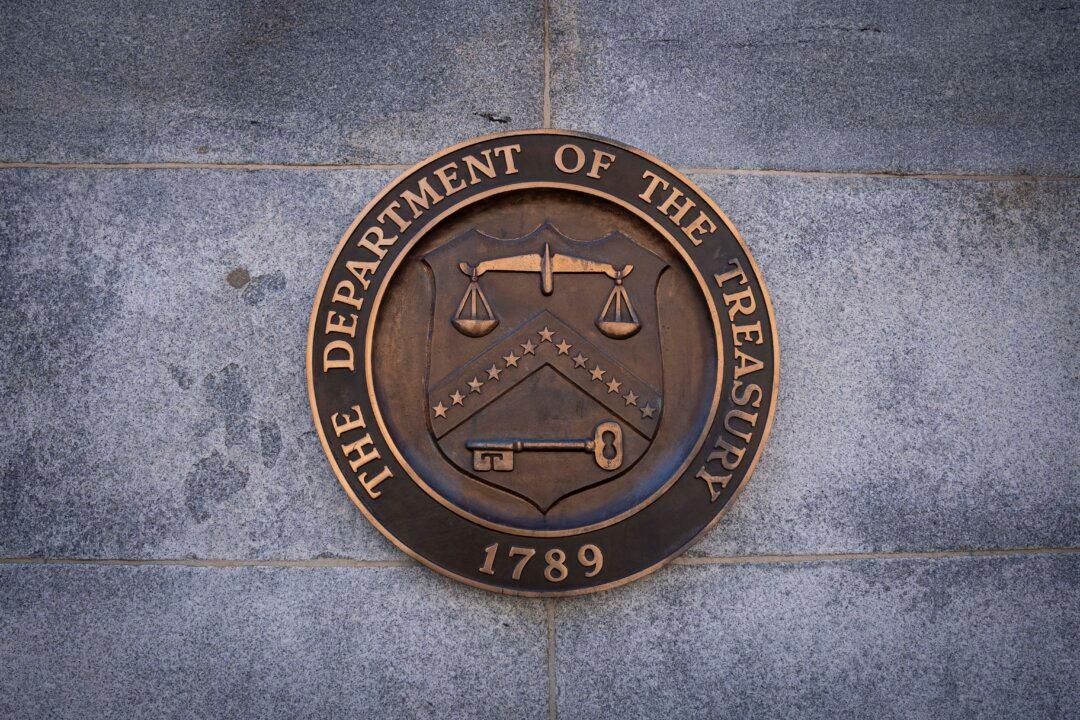The U.S. Department of the Treasury and the Internal Revenue Service (IRS) have published a final rule that requires cryptocurrency brokers to report details of digital asset transactions to the tax agency.
“The final regulations announced today will require brokers to report gross proceeds on the sale of digital assets beginning in 2026 for all sales in 2025,” the Treasury said in a June 28 statement.





